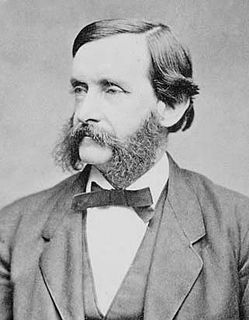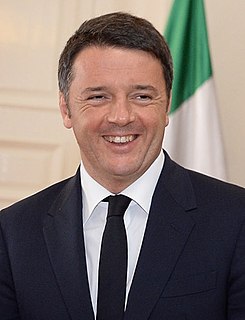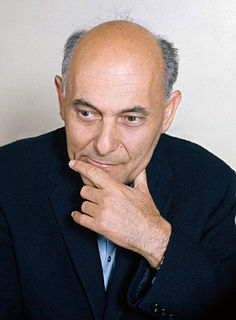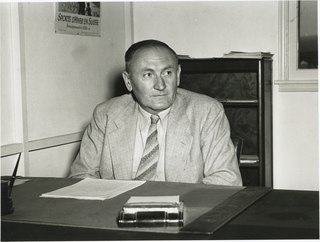A Quote by Thomas Wentworth Higginson
That genius is feeble which cannot hold its own before the masterpieces of the world.
Related Quotes
The world cannot hold onto you, for the world is not sentient. The world doesn't have a mind nor does it have desires; it is only your mind's objectivisation. It is your own mind's play which imagines that an object-call it the mind or whatever-can hold onto you. It is the idea you have of who you are that is holding onto its own fearful projections as the mind. Leave all of this and remain as the pure, joyous Self.
Society cannot contribute anything to the breeding and growing of ingenious men. A creative genius cannot be trained. There are no schools for creativeness. A genius is precisely a man who defies all schools and rules, who deviates from the traditional roads of routine and opens up new paths through land inaccessible before. A genius is always a teacher, never a pupil; he is always self-made.
But in this world of morally-warped phenomena there are rare and happy exceptions of truly great magnitude, which always pay dearly for their exclusiveness and fall a prey to their own superiority. Natures of genius, themselves unaware of their genius, they are relentlessly killed by an unconscious society as an expiatory sacrifice to its own sins … Such is Pushkin’s Tatiana.
People of the world, the time for decision is short. It is measured in a few years. The choice is ours as to whether or not we will pay the price of peace. If we are not willing to pay it, all that we hold dear will be consumed in the flame of war. The darkness in our world today is due to the disintegration of things which are contrary to God's laws. Let us never say hopelessly this is the darkness before a storm; rather let us say with faith this is the darkness before the dawn of the golden age of peace, which we cannot now even imagine. For this, let us hope and work and pray.
The best minds come from the most unexpected faces and places. There is no image for intelligence or genius. Genius is something that cannot be seen. It cannot be produced or manufactured. It is something that even the true genius thinks is unattainable. The genius recognizes he’s just a small pea in a sea of infinite atoms. Knowledge is as infinite as the universe. The man who claims to know all, only reveals to all that he really knows nothing.
To eliminate the discrepancy between men's plans and the results achieved, a new approach is necessary. Morphological thinking suggests that this new approach cannot be realized through increased teaching of specialized knowledge. This morphological analysis suggests that the essential fact has been overlooked that every human is potentially a genius. Education and dissemination of knowledge must assume a form which allows each student to absorb whatever develops his own genius, lest he become frustrated. The same outlook applies to the genius of the peoples as a whole.
Genius is its own reward; for the best that one is, one must necessarily be for oneself. . . . Further, genius consists in the working of the free intellect., and as a consequence the productions of genius serve no useful purpose. The work of genius may be music, philosophy, painting, or poetry; it is nothing for use or profit. To be useless and unprofitable is one of the characteristics of genius; it is their patent of nobility.






































